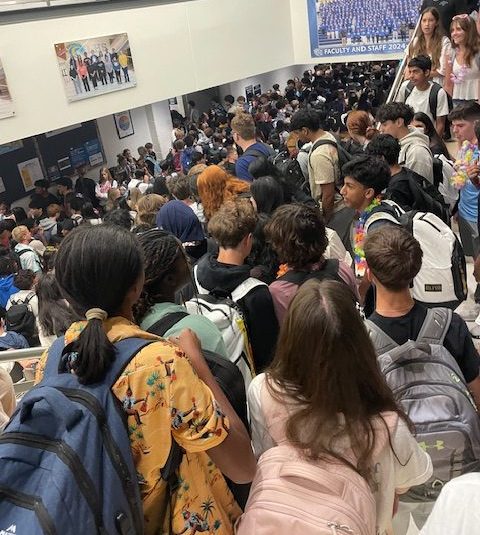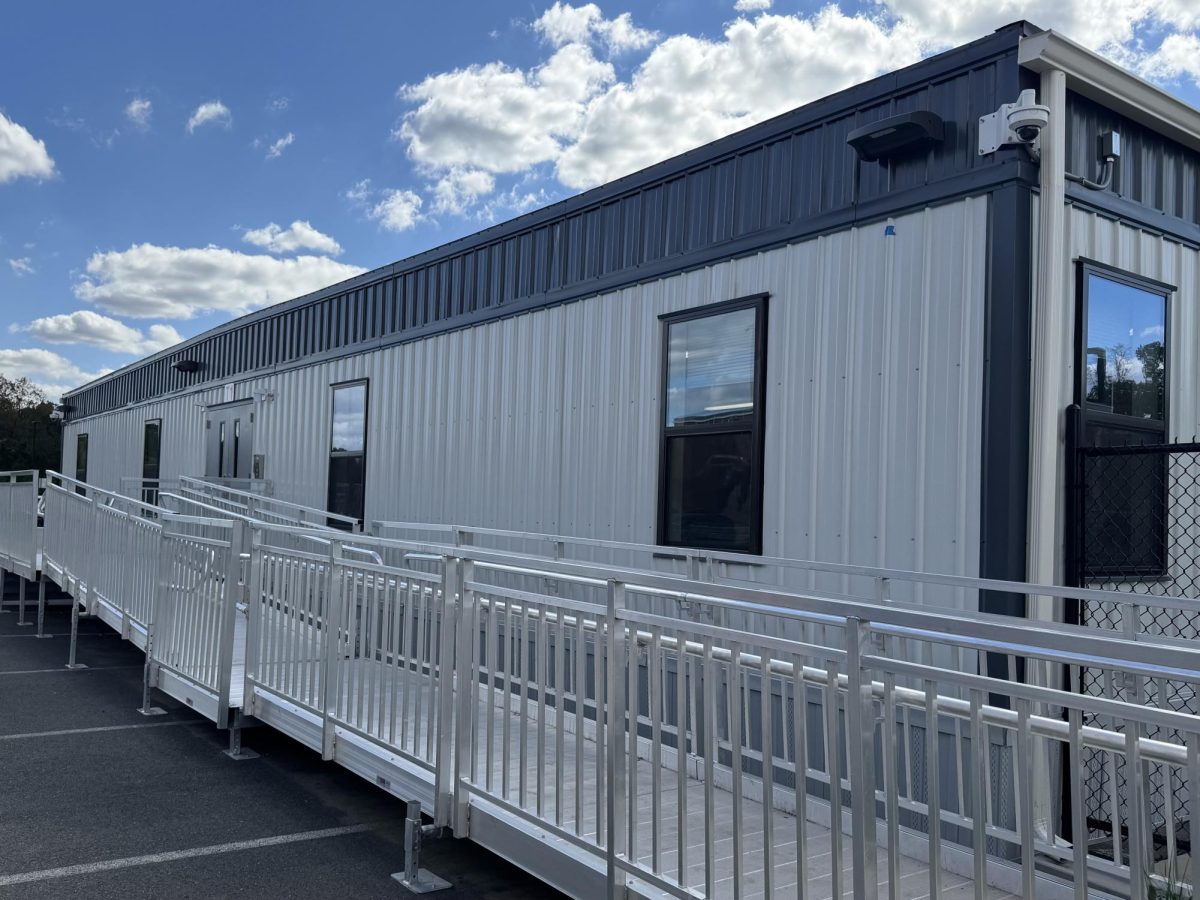Op-Ed: Give us back our snow days
Lightridge High School during a typical snow day during the 2022-23 school year.
May 31, 2023
The winter season of the 2022-23 school year concluded with only one official snow day, which occurred on December 15. This begs the question: Should these “missed” snow days be compensated? For many students and teachers, snow days have become one of the hallmarks of a good winter season. Whether it be the anticipation of a phone call, announcing a day off from school, or hot chocolate by the fire, snow days allow students and staff to recharge and have a day free of work to engage in their favorite winter activities.
Many students and teachers in today’s society struggle with academic-induced stress. Rather than focusing on retaining and understanding learned content, many students instead turn their attention to learning solely for their grades, which can be at the expense of developing a solid understanding of a topic. This developed stress boils down to tight deadlines that force students to deliver a large amount of work in a small period of time, resulting in reduced effort. Which is something that also affects teachers, who will not be able to put in their best effort for teaching and grading their students. With the national trend of teachers quitting, it is essential that teachers have time to disconnect from the classroom and take needed breaks. Adding holidays to make up for these snow days allows students and teachers to get extra time to complete assignments, study, or rest. It decreases the amount of deadline pressure, having a positive effect on students’ mental health. It has been scientifically proven that a person’s ability to learn improves alongside their mental health.
Additionally, students and staff could utilize the extra time by specializing in extracurricular activities they may be interested in. Whether the extracurricular is programming, fine arts, or sports, their learning can expand outside the classroom. This type of learning can be particularly beneficial. Although extracurricular activities are important, teachers should focus on academics, and extracurricular should not be their sole concern. Having extra time to explore different activities and participating in extracurriculars allows students to develop a better feel for different potential career pathways; new passions can be discovered and developed.
Furthermore, extra holidays ensure that bonds in family relationships are kept strong and connected. In an ordinary school week, students aren’t with their families that much. Most of their school day is at school, and even when students arrive at their homes, their spare time is spent completing homework. Having extra time also allows students more opportunities to spend time with their families. Additional time is essential in boosting students’ morale and developing their emotional health. It teaches students the importance of a balanced life between work and other commitments, as this is a necessary lesson for many students to learn.
At the time of publication of this article there are seven school days left in the year. There are also nine unused snow days. Certainly LCPS could come up with a system where unused snow days are, at least in part, returned to the students and staff.
It has been reported that LCPS has been considering a solution that involves removing a fixed amount of minutes from the school day. However, this poses an issue, especially from a transportation perspective.
The most straightforward solution to this problem would be adding a fixed amount of additional student holidays at the discretion of the county. These student holidays could be spread across the end of the year, subtracted from the last few weeks of school, or added to the already existing Spring Break holiday. Some school districts have already put this plan into motion and are ending their school years early.
There is no reason LCPS shouldn’t follow suit.




